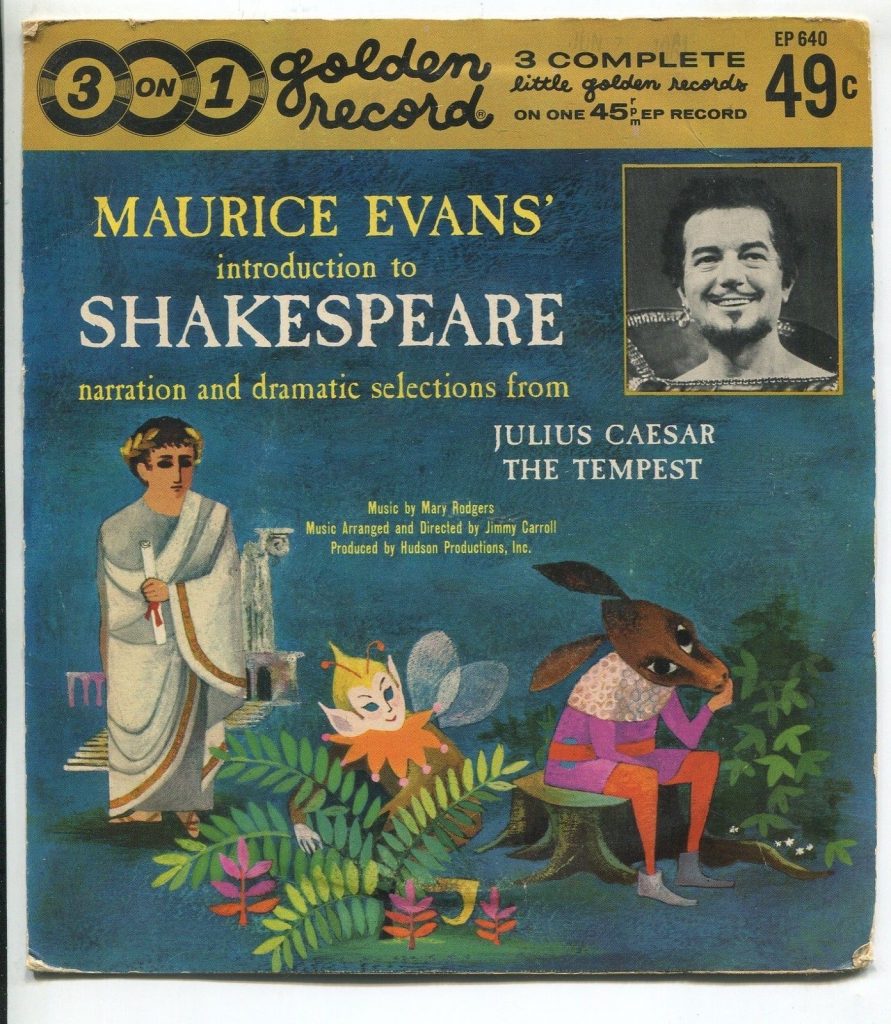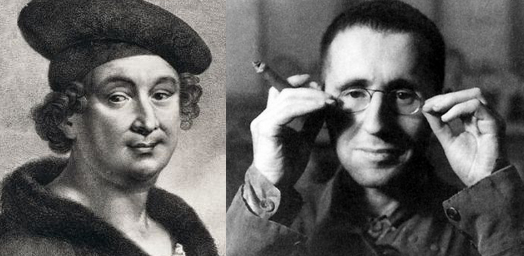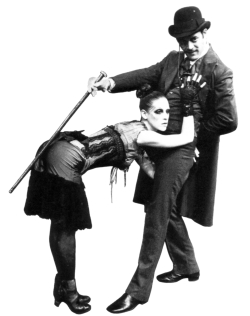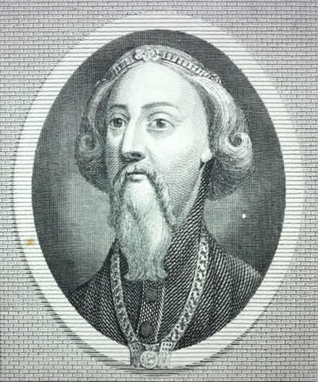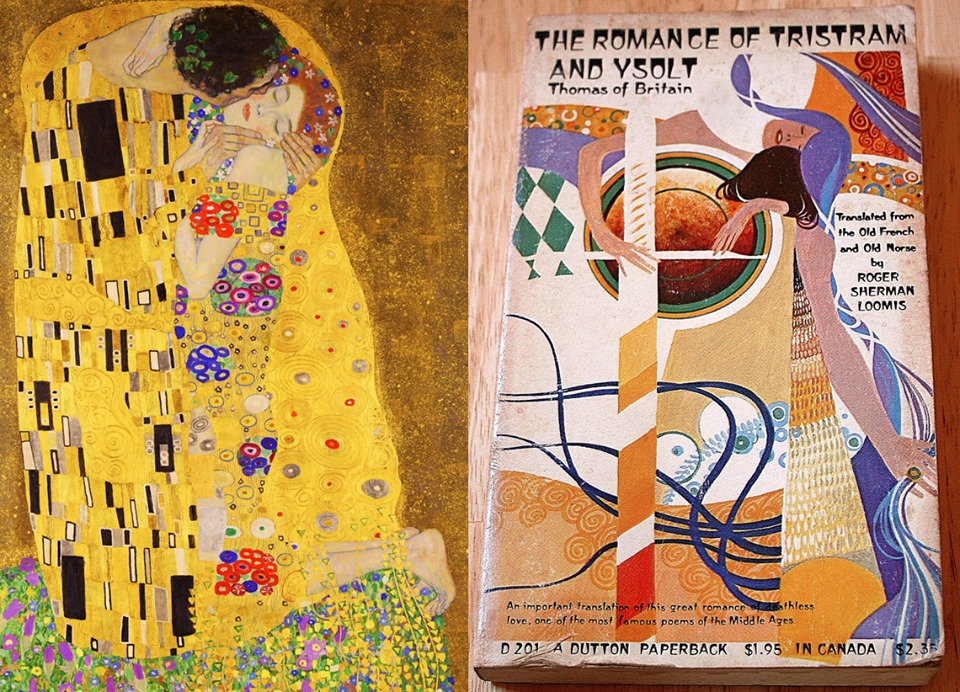James Burke’s various video series on the history of science and ideas (one series of The Day the Universe Changed and three series of Connections) are among my favourite educational videos, thanks to the combination of beautiful locations, unexpected connections, and Burke’s irreverent attitude.
That’s not to say I don’t have problems with them. Burke often oversimplifies his subject matter or gets certain things just plain wrong; and even when his history is accurate, his philosophical interpretations are often highly questionable. But the shows are so generally good that I like them despite all that.
My absolute favourite of all his videos is this one, “Point of View,” about science, art, and engineering during the Renaissance:
Highly recommended! (It really makes me want to visit Florence.)
However, nearly everything he says in that video about Aristotle is wrong. In particular, Burke describes Aristotle as holding that “the Almighty handcrafted every object in existence” – but of course Aristotle’s Prime Mover does no such thing. The Prime Mover does not engage in any manipulation of material objects, but merely spends its days serenely contemplating itself, thereby inspiring the celestial spheres to imitate its eternal actuality as best they can by engaging in endless circular motion – which, in turn, by alternately heating and cooling the world below, causes the elements to keep intermixing in such a way as to make the natural order possible; but no natural object is deliberately designed.
I didn’t catch any other errors, but I might have if I were more of an expert about the Renaissance.
Some of Burke’s other videos are more problematic. Take, for example, “In the Light of the Above” (admittedly a clever title), about the Middle Ages, a topic on which he takes a rather Rand-like position, with its associated one-sidedness:
Certainly this video is enjoyable and instructive. But it also has me frequently gnashing my teeth and pulling my hair. Some examples:
a) According to Burke, Augustine rejected classical civilisation as a “load of rubbish,” and thereby “set Christian thinking into a kind of drop-out mode for centuries.”
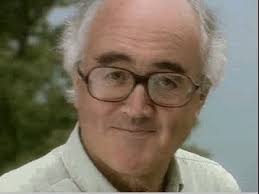
On the contrary, in the battle among early Christians as to whether to embrace the intellectual and cultural heritage of classical Greece and Rome or instead to consign it to the ash heap, Augustine was firmly on the pro-classical side. He himself had been converted to philosophy by reading Cicero; and Platonic and Neoplatonic ideas had played an important role in helping him find his way from Manicheanism back to Christianity. So he was convinced that classical philosophy was of value to Christians – and his own philosophy incorporated Platonic, Neoplatonic, Aristotelean, and Stoic ideas. It is thanks in large part to Augustine that mediæval Christianity was so largely hospitable to pagan ideas; in effect, Augustine was the same kind of champion of the Neoplatonic tradition that Aquinas would later be for the Aristotelean tradition.
Moreover, Augustine’s philosophical dialogues, like On Free Choice of the Will and On the Teacher, were the Middle Ages’ main point of access to the Platonic dialogue form (since the only actual Platonic dialogue they had available was a fragment of the Timæus, which is more of a monologue than a dialogue), and the Augustinian model of rational, civil debate (On Free Choice begins with Evodius asking “Isn’t God the cause of evil?” and Augustine answering, not with fanatical denunciation, but with careful reasoning in a friendly and courteous manner) helped to set the norms for the civilised give-and-take of the later mediæval universities, where students were expected to be able to construct arguments for and against every major proposition, including the existence of God. (Augustine has the reputation of being a grim, censorious, puritanical, fideistic figure, but the Augustine we meet in his dialogues seems much more affable, witty, and urbane, with a firm reverence for reason. I reckon lunch with Augustine would be more like lunch with Voltaire than like lunch with St. Jerome.)
b) Burke gives the impression that the only major classical text to survive into the Middle Ages, besides some bits of Plato and Aristotle, and prior to the 12th-century influx of material from the Arab world, was Martianus Capella’s book on the seven liberal arts. In fact the early mediævals also had works by Cicero, Ovid, Horace, Vergil, Seneca, Apuleius, Lucan, Porphyry, and others.
c) Certainly the transition from late antiquity to the early Middle Ages involved a general decline in prosperity, population, literacy, and scientific knowledge. But Burke nevertheless exaggerates the “darkness” of the period. He describes the northern tribes that invaded and displaced the Roman Empire as a “dangerous bunch of barbarian louts if you came between them and what they were after” – as if that didn’t equally describe the Romans. He also characterises the Frankish, Visigothic, etc. societies of 5th-6th century Europe as a bunch of “illiterate boozers,” and portrays them as living in hovels; one almost expects to hear one of them calling to another, “Dennis, there’s some lovely filth down here!”
Yet, as we learn from Gregory of Tours, these ignorant, hovel-dwelling, pre-Carolingian boozers managed to construct some pretty impressive buildings – one with “52 windows, 120 columns, and 8 doors,” and another “150 feet in length [and] 50 in height,” with “42 windows, 70 columns, 8 doors,” and “walls of variegated work adorned with many kinds of marble.”
They also seem to have produced some rather lovely works of art whenever they weren’t rolling about drunkenly in the mud:
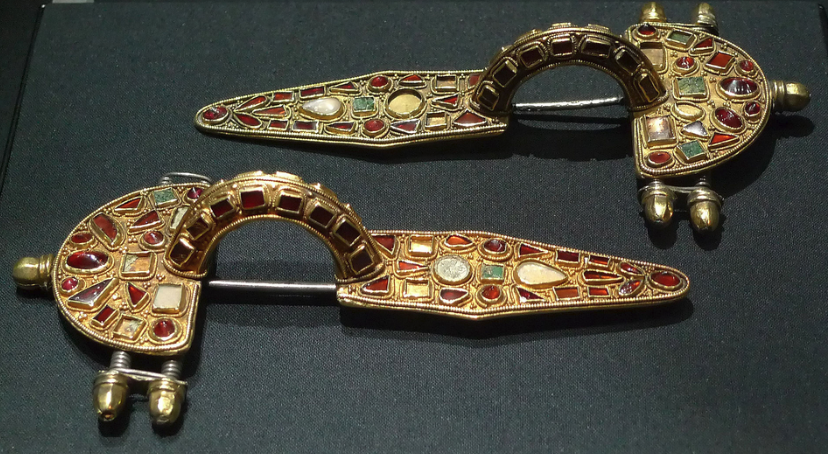
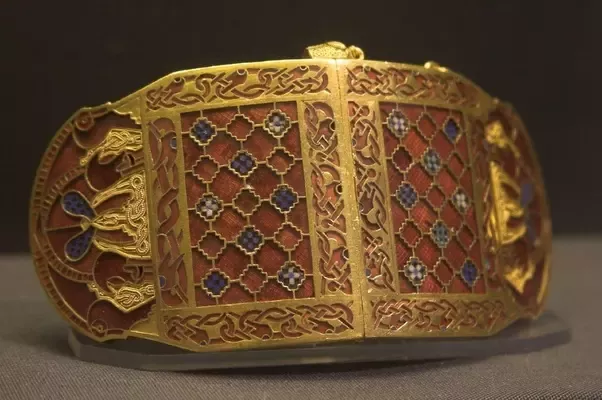
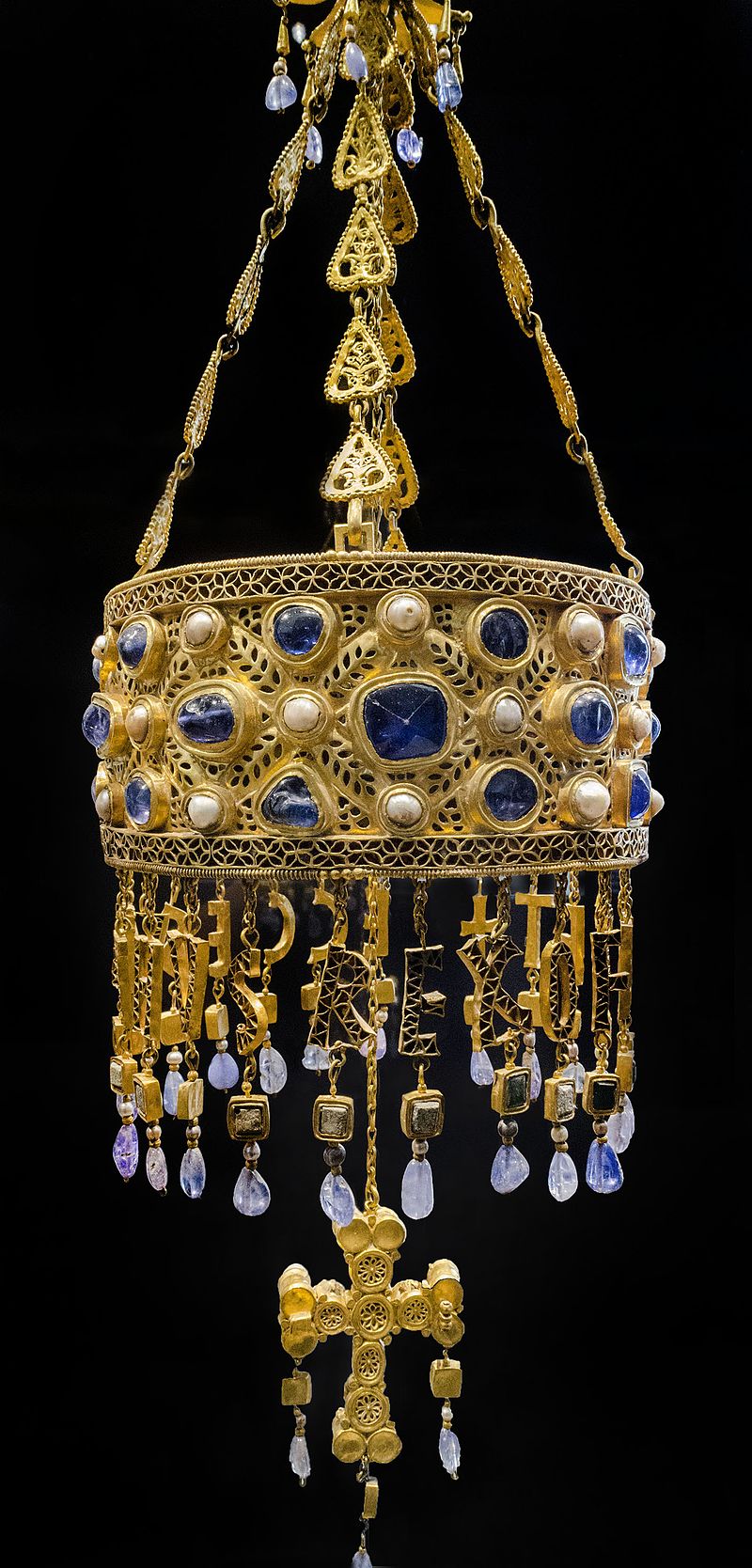
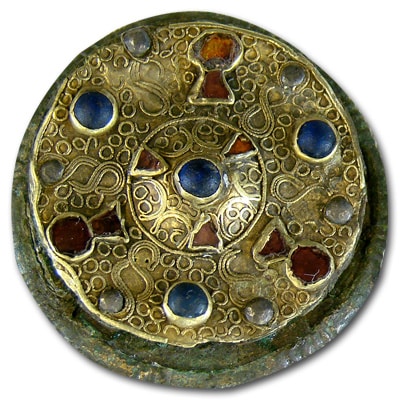
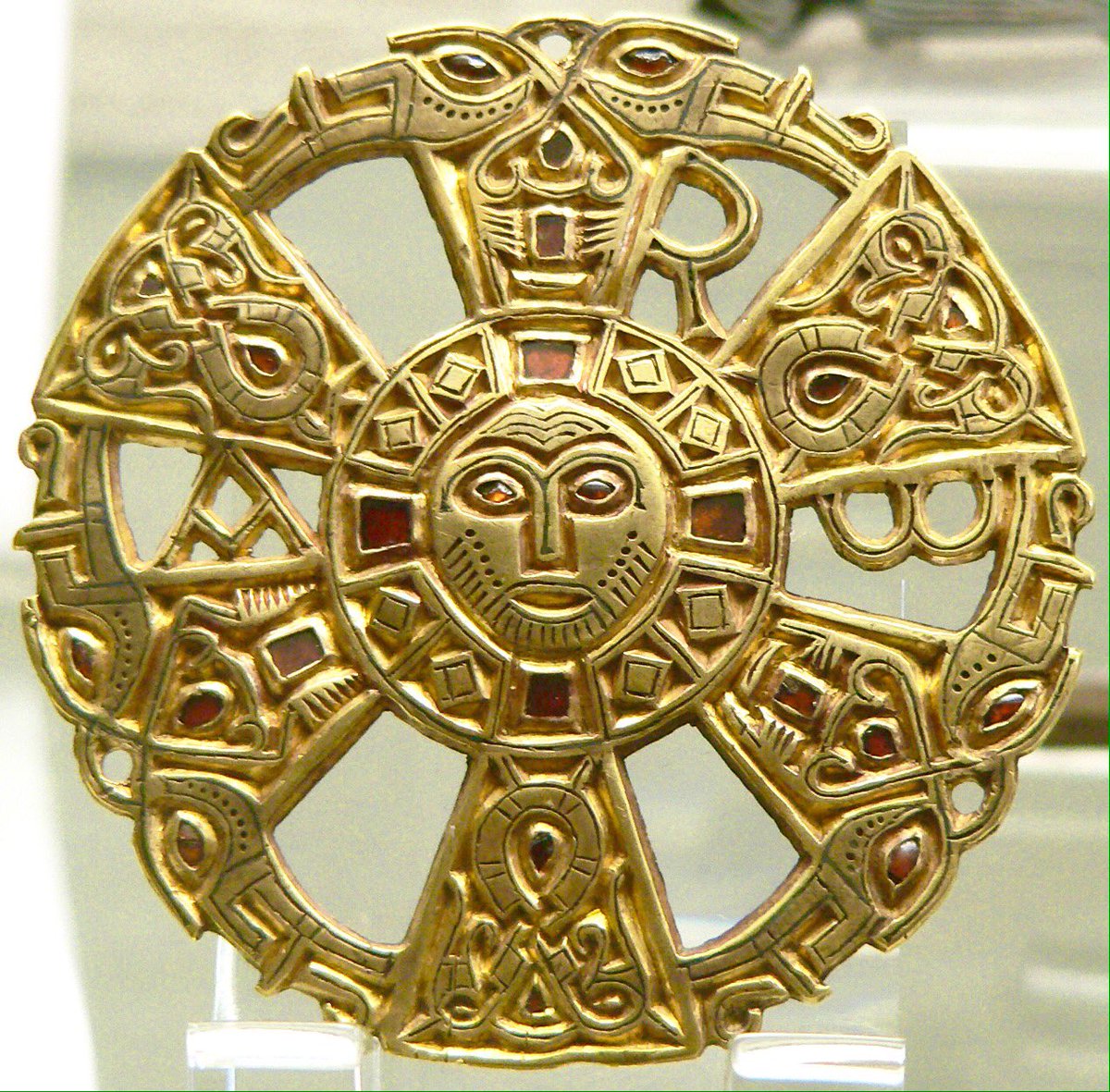
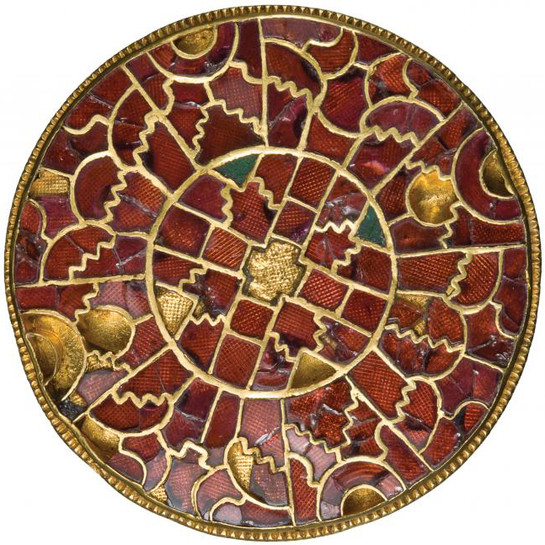
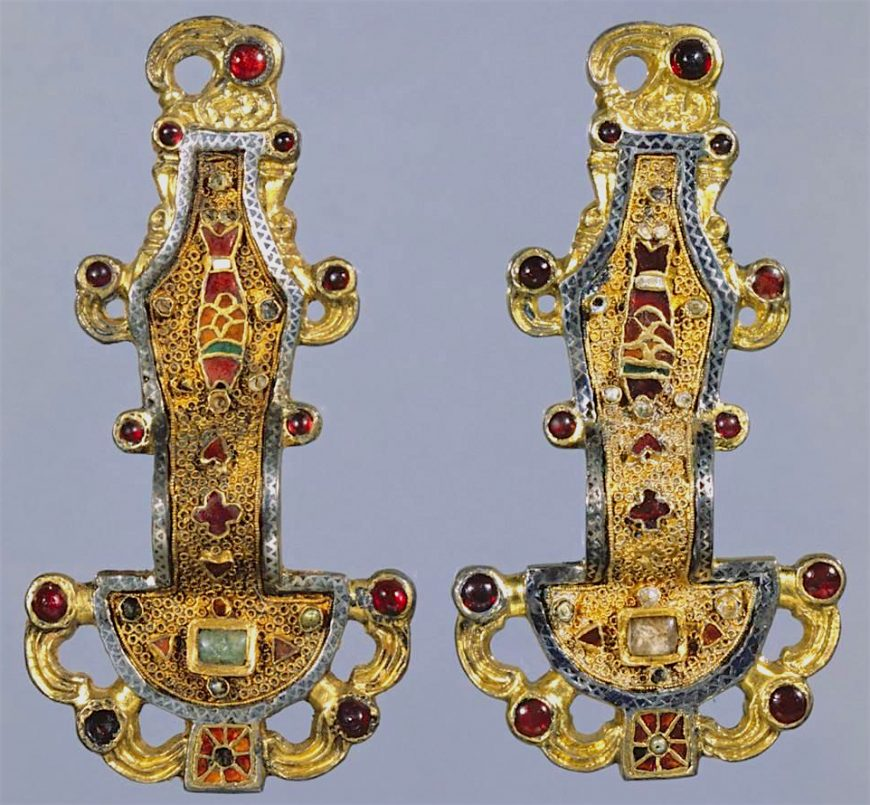
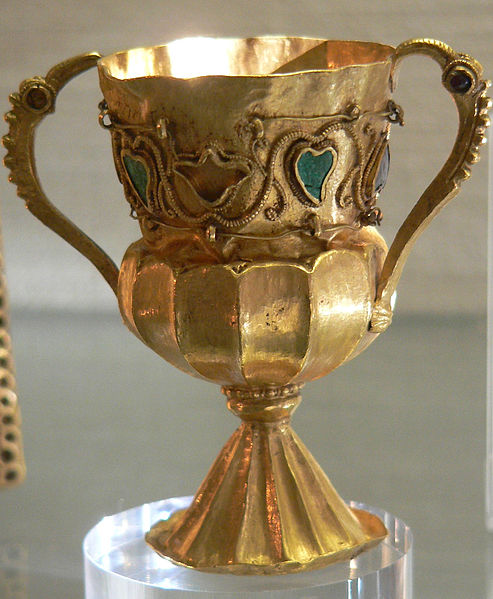
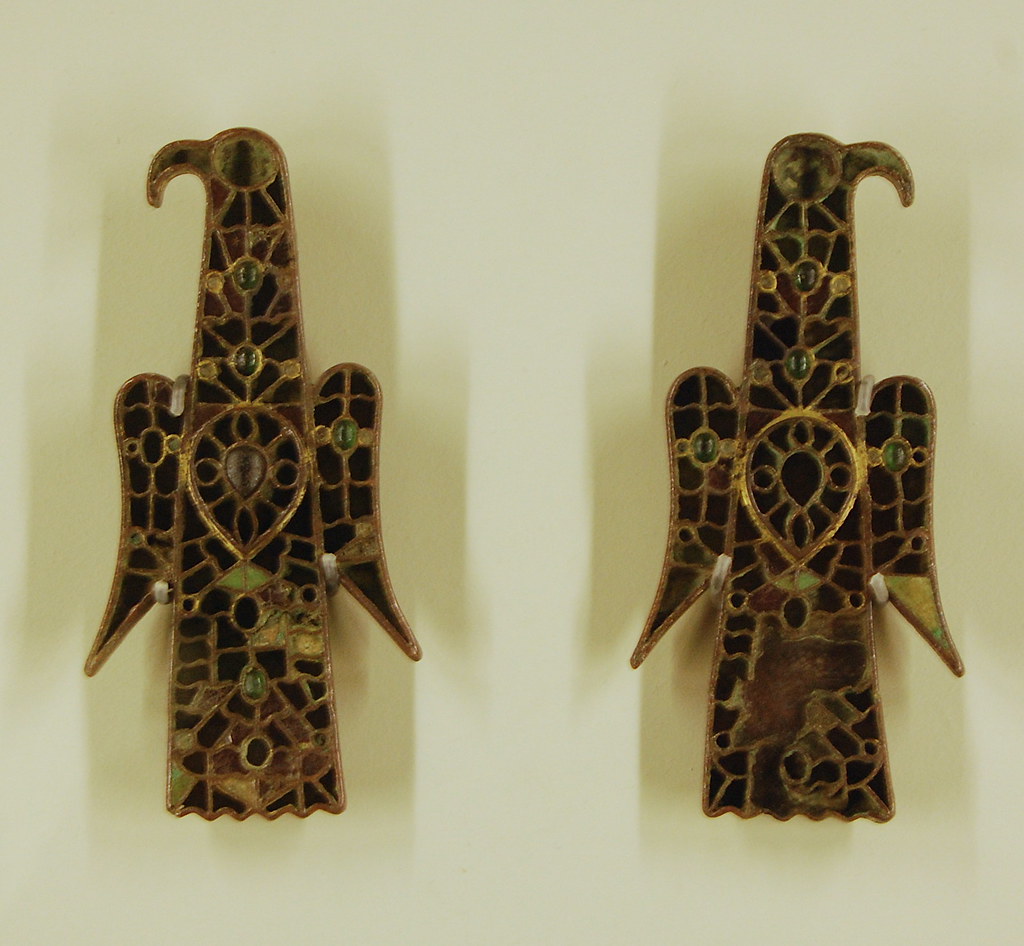
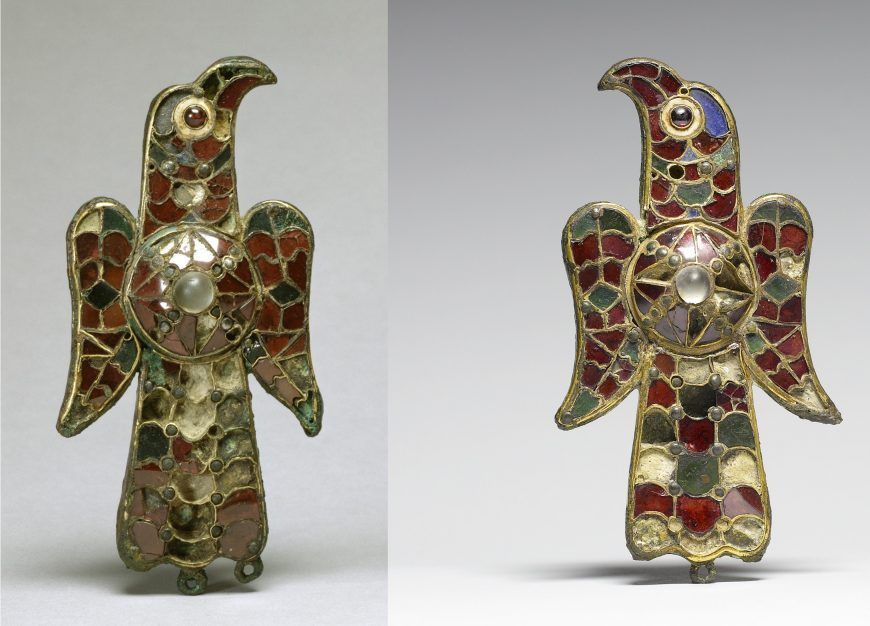
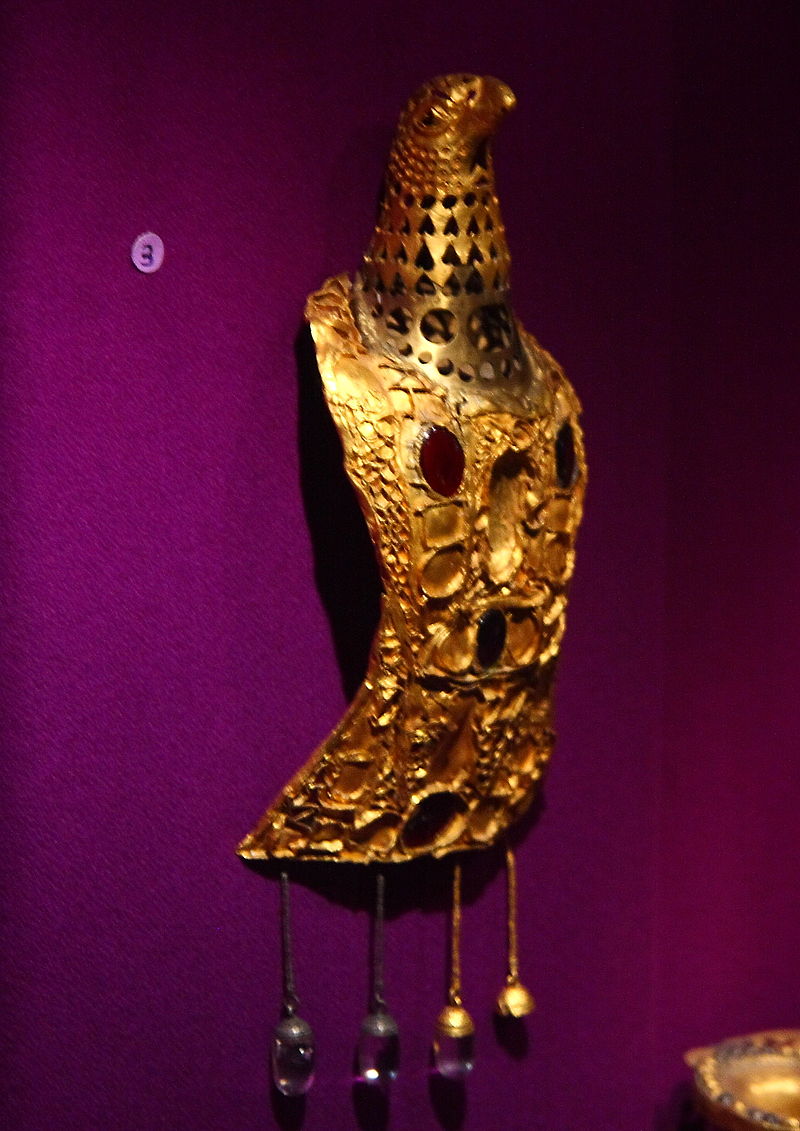
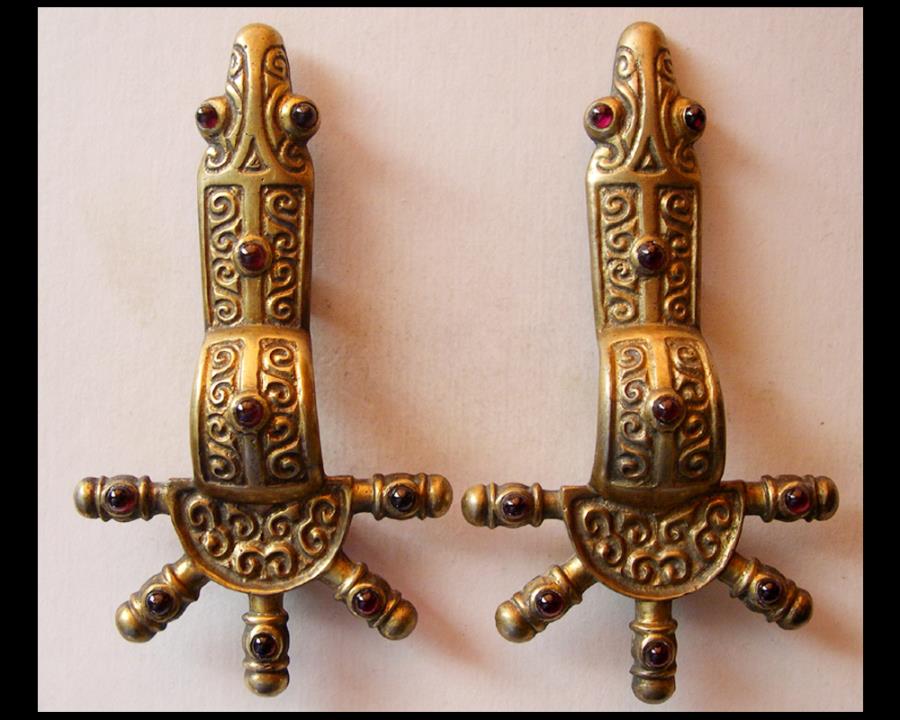
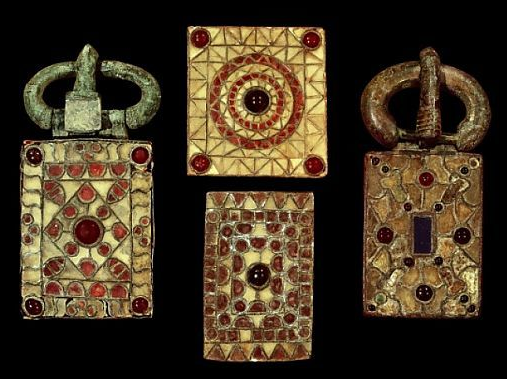
d) While Aristotle did defend the knowability and value of the perceptible world, he did not say “believe only your own experience.” He thought that we should trust the “appearances” (at least defeasibly), but those “appearances” included not only the evidence of the senses but also the endoxa or “reputable beliefs,” i.e., the beliefs of the many and/or the wise.
e) Burke suggests that Greco-Roman pagan thought had a “less supernatural, more practical, hard-headed feel” than Christian thought – but this is at least misleading. As C. S. Lewis writes in The Discarded Image, concerning the confrontation between pagan and Christian thought in late antiquity:
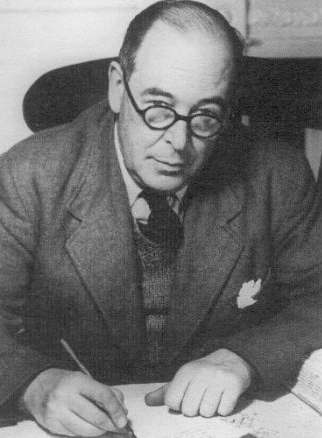
The conflict between the old and the new religion was often bitter, and both sides were ready to use coercion when they dared. But at the same time the influence of the one upon the other was very great. … The precise nature and even, in some senses, the width of the chasm which separated the religions can easily be mistaken if we take our ideas solely from political or ecclesiastical histories …. Cultured people on both sides had had the same education, read the same poets, learned the same rhetoric. …
I have read a novel which represents all the Pagans of that day as carefree sensualists, and all the Christians as savage ascetics. It is a grave error. They were in some ways far more like each other than either was like a modern man. The leaders on both sides were monotheists, and both admitted almost an infinity of supernatural beings between God and man. Both were highly intellectual, but also (by our standards) highly superstitious. The last champions of Paganism were not the sort of men that … a modern “humanist’ … would wish them to have been. They were not lusty extroverts recoiling in horror or contempt from a world grown grey with the breath of the ‘pale Galilean’. … A world-renouncing, ascetic, and mystical character then marked the most eminent Pagans no less than their Christian opponents. It was the spirit of the age. Everywhere, on both sides, men were turning away from the civic virtues and the sensual pleasures to seek an inner purgation and a supernatural goal. The modern who dislikes the Christian Fathers would have disliked the Pagan philosophers equally, and for similar reasons. Both alike would have embarrassed him with stories of visions, ecstasies, and apparitions.
f) Burke’s suggestion that the Eucharist is “meaningless” if transubstantiation isn’t literally true would come as a surprise to most Protestants.
g) Burke describes the ideas of Abélard, William (of Conches), and Thierry (of Chartres) as though they were the product of the new texts and ideas coming into Christian Europe from Muslim Andalucia; but that influx did not begin in earnest until the mid-12th century, by which time all three of these thinkers were dead.
Burke also exaggerates their heterodoxy; none of them claimed, for example, that Genesis or the Church Fathers were “wrong” or “contradictory” – they merely claimed that, for example, certain sayings of the Fathers, or certain features of the creation account in Genesis, should be interpreted metaphorically rather than literally – which had been Augustine’s position too. In his commentary on Genesis, Augustine straight-up denied that the process of creation had taken literally seven days. So if the positions of Abélard, William, and Thierry represent rationalist subversion, why don’t Augustine’s?
h) In describing Ibn Rushd’s ideas, he makes it sound as though Ibn Rushd believed in the creation of the universe at a specific point in time, which he certainly did not. Ibn Rushd, like al-Farabi and Ibn Sina before him, thought of the universe as an everlasting emanation from God, with an infinite past.
i) Burke presents the “two truths” doctrine as something the Church embraced as a compromise position in response to Siger of Brabant’s Averroism, when in fact the “two truths” doctrine was a position the Church attributed (whether accurately or not remains unclear) to Siger while condemning it.
Okay, rant over. The episode’s still worth a watch, in any case.
